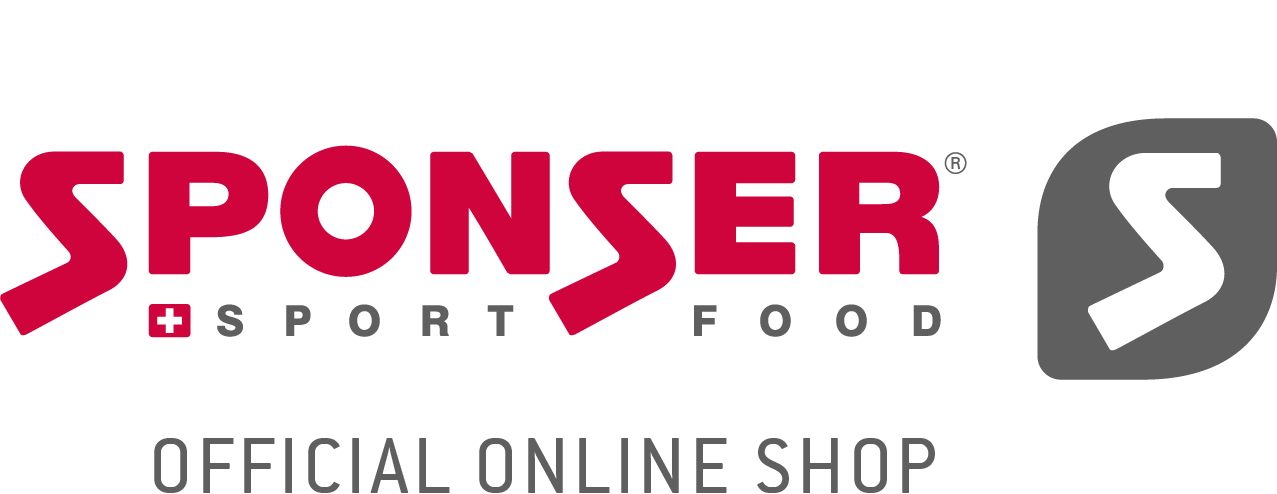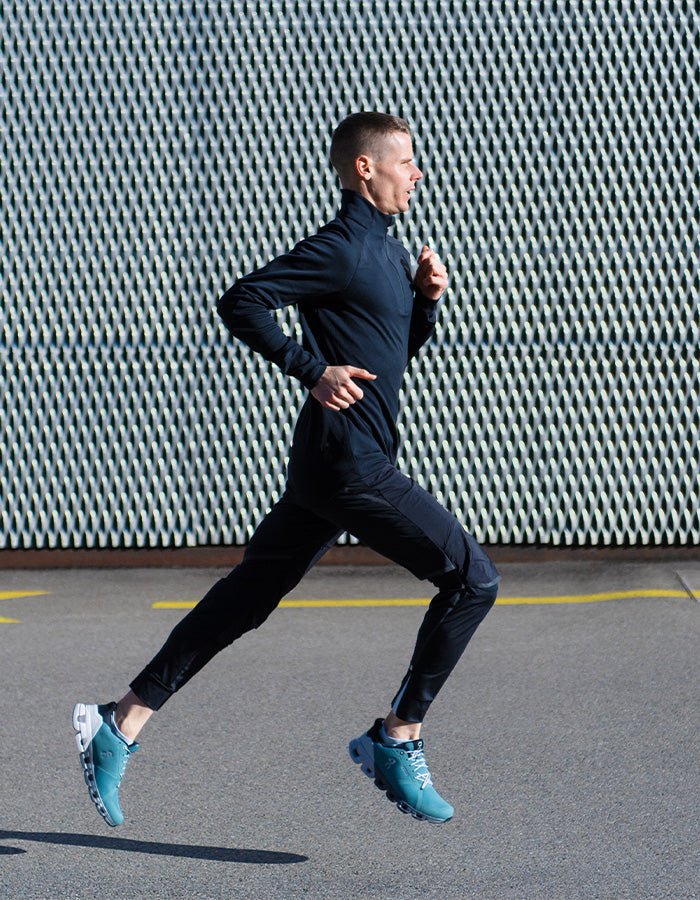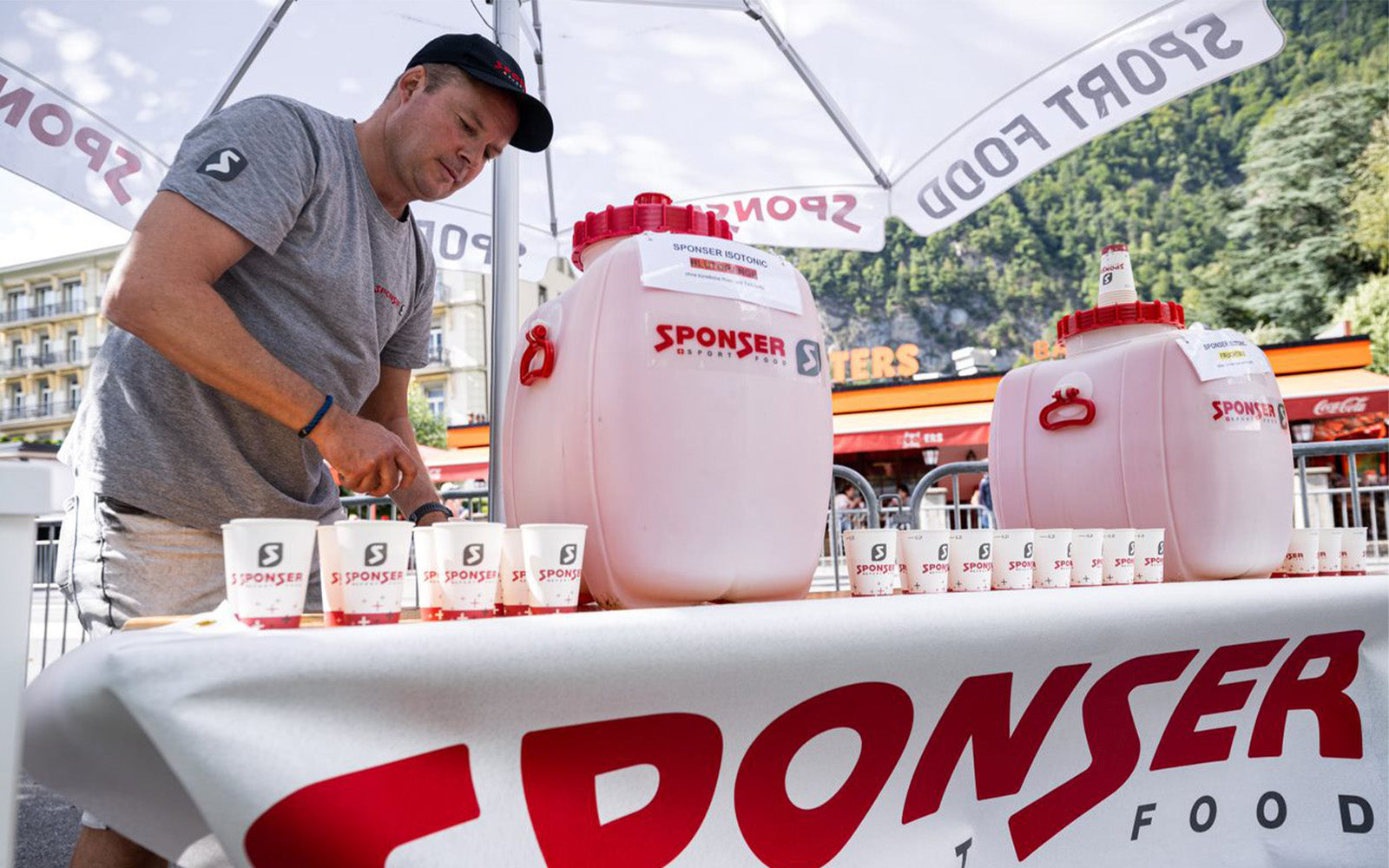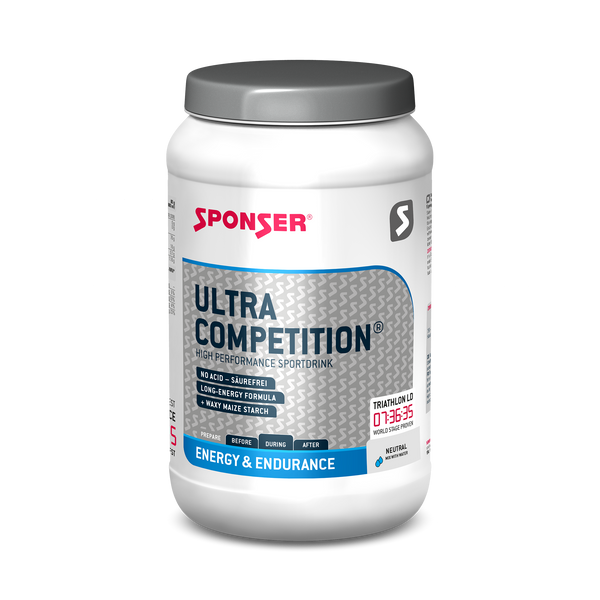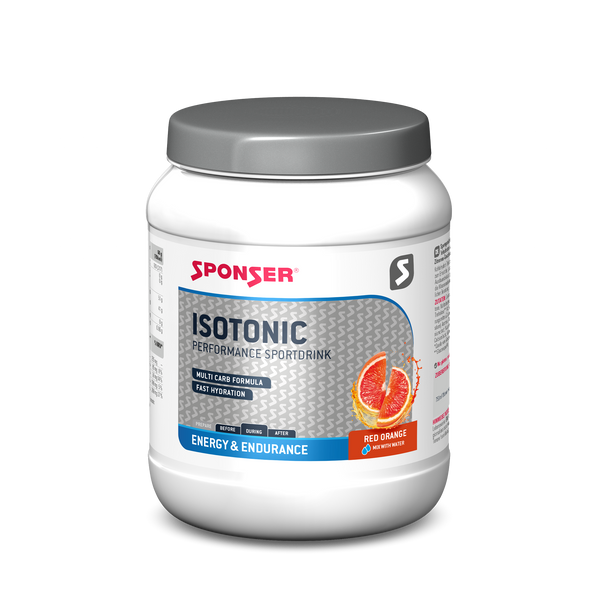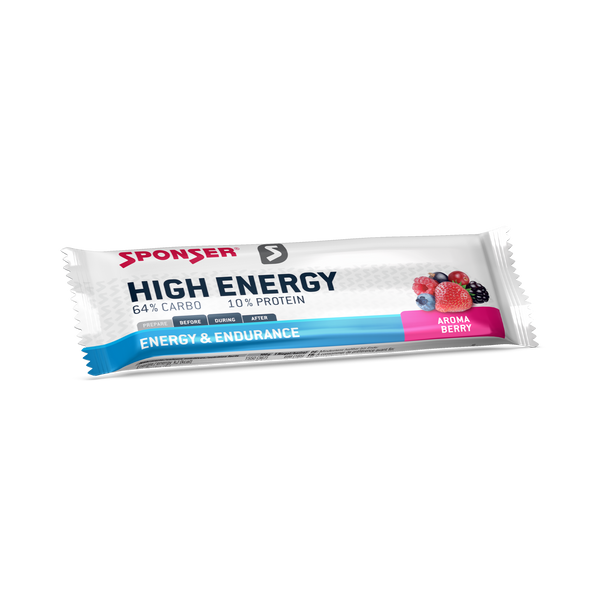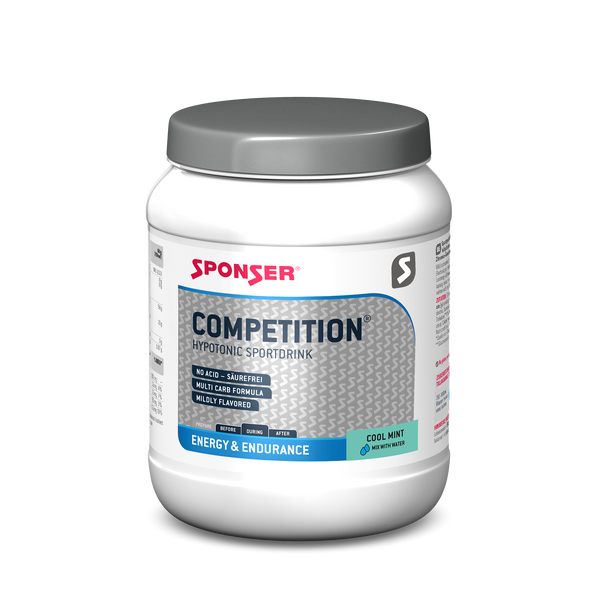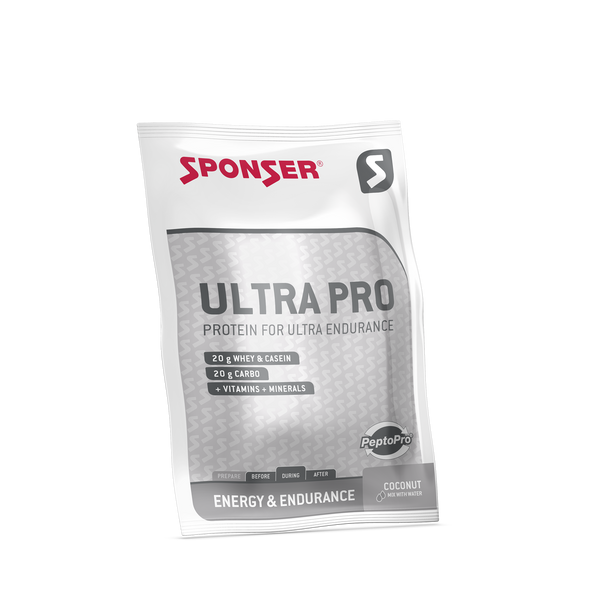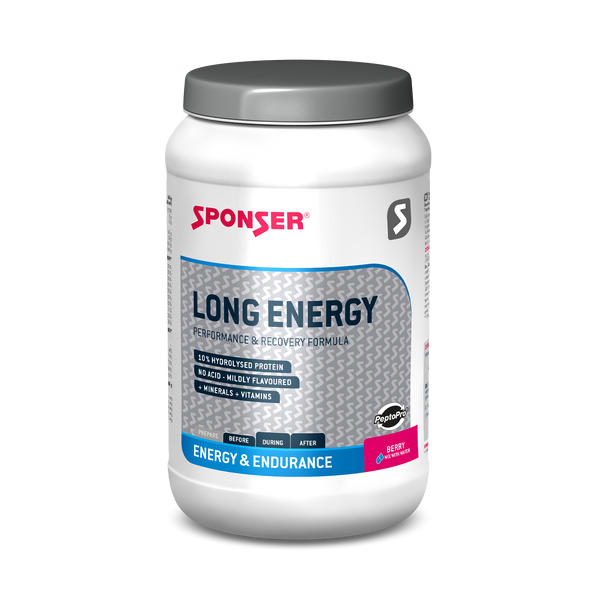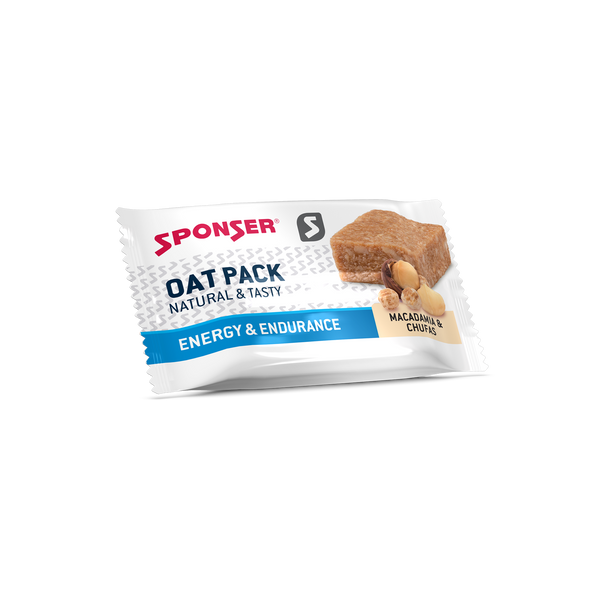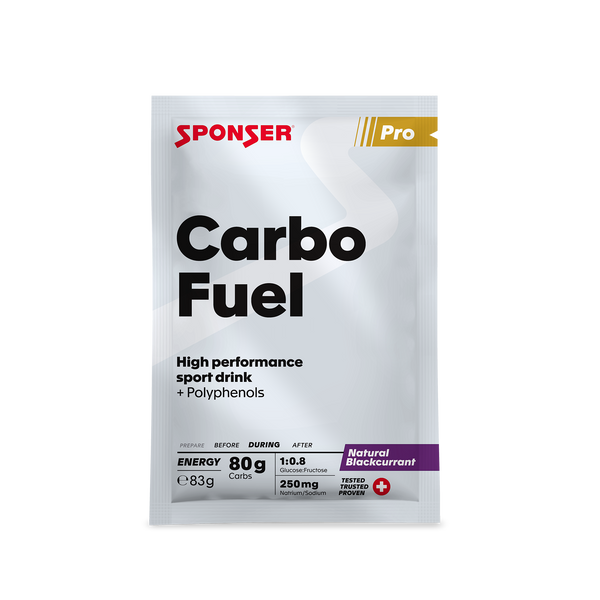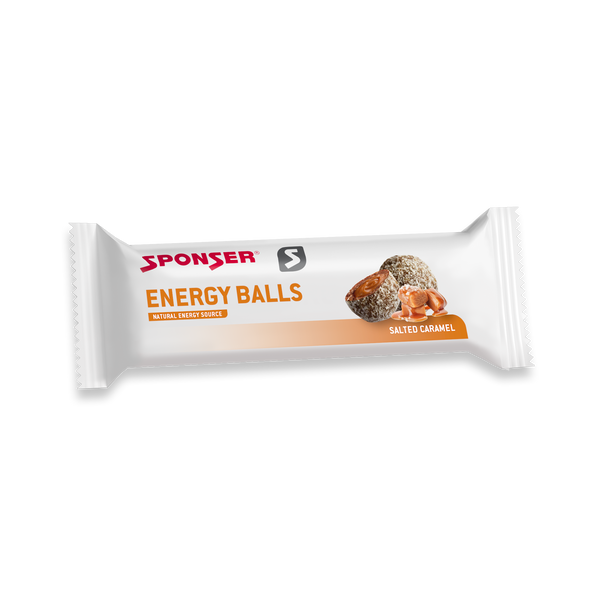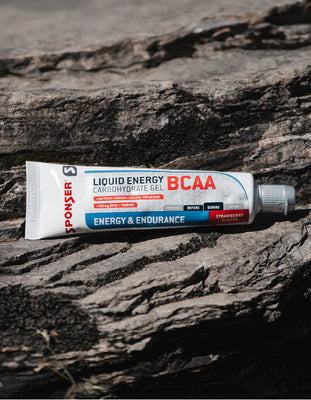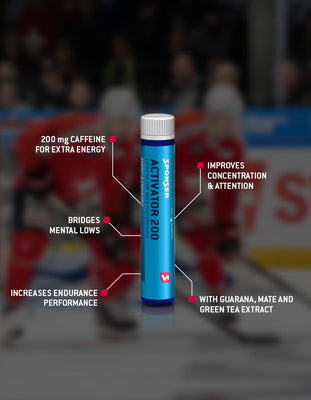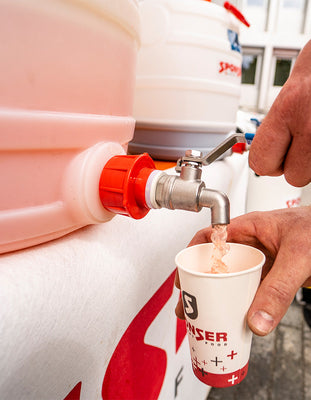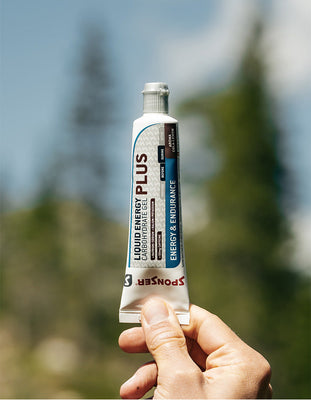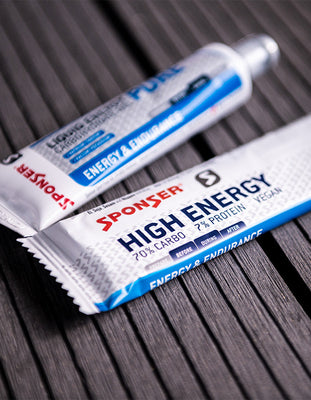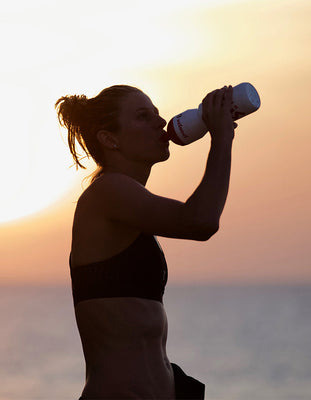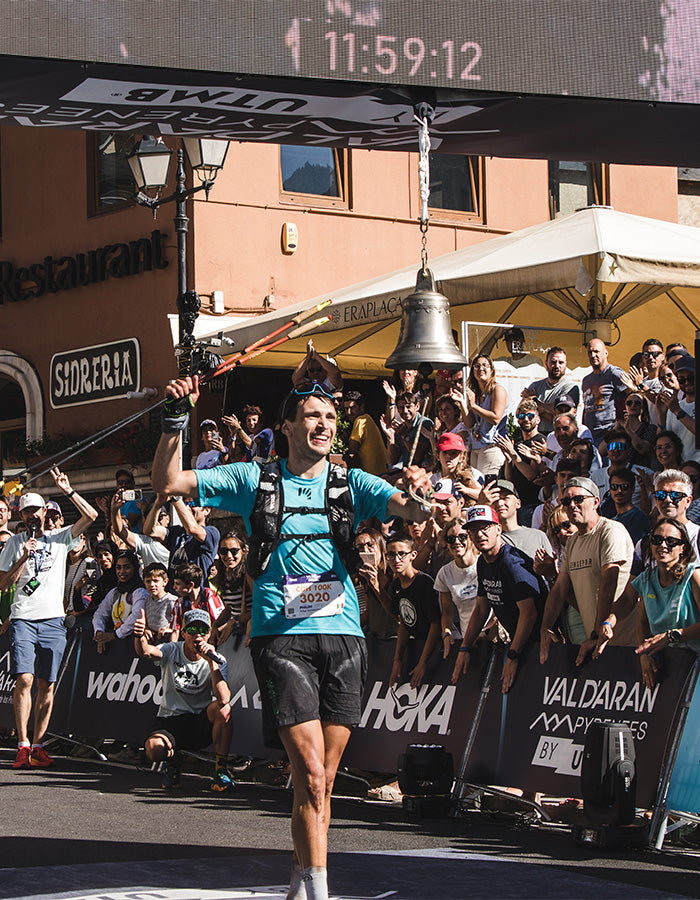
Photo credit: Verena Illmer
Which meals are suitable for an ultra-run with self-catering?
The crucial question in «self-supported» ultra-competitions is always how self-sufficient and for how long you have to organize yourself. If it is only about 1 to 2 days, you can use «classic» sports food. It is formulated rich in carbohydrates and proteins, and is also extremely light and compact. «Light and compact» is basically everything that comes in dry form. In addition, the more fat a product/food contains, the higher the energy density.
Expect and plan for salt, protein and fat «hunger»
At events lasting several days, the high use of carbohydrate-rich sports food often leads to a hunger for salt, protein and fat. Normally at a stage where the body has already reduced the performance intensity (partly also from exhaustion) and can tolerate such food. At this stage, when the body has become hungry for fat, experience has shown that it can also tolerate such foods, including fatty ones. For this reason, fatty and long-durable foods are suitable for long endurance events, where typically high energy density at low weight, durability in the heat/cold and a rather low performance intensity are the limiting factors. For example, salami, dried meat, bacon, peanut butter, nuts, etc. These are also ideal from a convenience point of view, since a whole piece salami, wrapped in a clean and dry cloth, can be kept for more than a week without airtight packaging or refrigeration. In general, it makes sense to cover fat and protein needs with such high-energy and long-durable foods. Various ultra-sports events (for example Sahara Marathon, Race Across America, Idataho Race) prove that athletes successfully use foods such as peanut butter, nuts and the like without any problems.
Cover carbohydrate needs with sports food
Carbohydrates can be supplied ideally by sports nutrition. Sports drinks and compact sports bars offer advantages in terms of energy density over water and light, fluffy or crispy cereal bars. After all, also the volume that you have to carry around on your back is decisive. Other important parameters whey preparing your sports nutrition choice are variety, your individual gastrointestinal tolerance and satiation properties. For these reasons, taking also a few fibres is not entirely wrong.
Recommended SPONSER® products for ultra-running with self-supply
• ISOTONIC, COMPETITION® or LONG ENERGY sports drinks: The latter contains some protein, is hypotonic, but like the COMPETITION® very mildly flavoured. ISOTONIC (without protein), which tastes stronger and sweeter, is often perceived too intensively over a longer period of time.
• HIGH ENERGY BAR: very compressed, compact, «doughy» bars, therefore energy-rich and space-saving. To be worn on the body when cold, so that they remain chewable.
• OAT PACK: Oat bar with relatively high fat content. Somewhat fluffier, but due to the fat and the oat (beta-glucans) nevertheless energy-rich and very satiating. Contains nuts.
• PURE & NATURAL BAR: Energy bar made of purely natural, high-quality raw materials, completely without additives and based on only five ingredients.
• ULTRA PRO in sachet with 1:1 ratio carbohydrate:protein as well as fat from coconut and olives. Preparation with water. This product constitutes as a «liquid solid food» so to speak.
Related articles
on » endurance performance
on » energy & carbohydrates
on » race nutrition
shop » energy & endurance
goal » energy & endurance
Author: Remo Jutzeler
Head R&D SPONSER SPORT FOOD
Ing. Applied Food Sciences FH
MAS Nutrition & Health ETHZ
